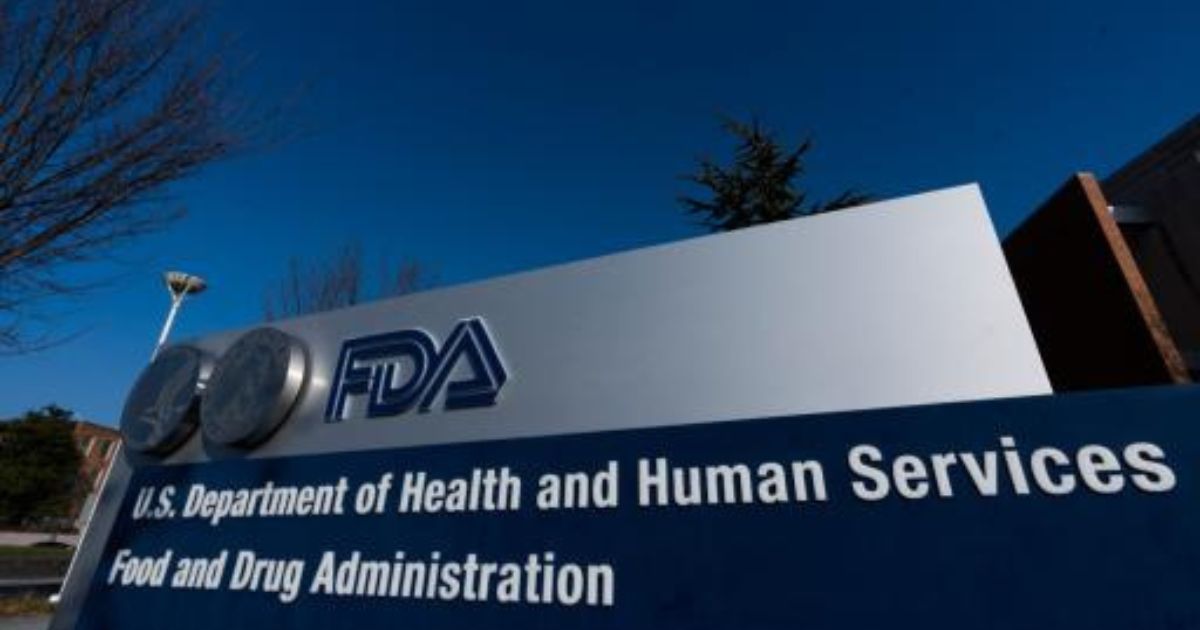In a groundbreaking revelation, Rustom Lawyer, co-founder & CEO of Augnito, a leading voice AI solutions provider, has unveiled the profound impact of voice artificial intelligence (AI) on the healthcare landscape.
Lawyer’s insights shed light on how voice AI is transforming healthcare, empowering a new breed of healthcare professionals known as ‘super clinicians.’
Augnito, positioned at the forefront of this transformative journey, has integrated its software within Apollo Hospitals’ medical ecosystem, showcasing remarkable results within a short span of six months. By leveraging machine learning algorithms such as automatic speech recognition (ASR) and natural language processing (NLP), voice AI is streamlining clinical workflows, automating administrative tasks, and enhancing patient care.
The Immediate Impact of Voice AI
Lawyer emphasized the immediate benefits of voice AI in healthcare, including time-saving automation of medical transcription, enhanced accuracy in documentation, and improved efficiency in accessing medical records. By eliminating manual transcription services, voice AI not only saves time but also reduces costs, allowing healthcare professionals to focus more on patient care.
Furthermore, voice AI fosters innovation in healthcare by enabling the development of new applications and solutions that advance patient care and treatment methods. Its potential for early disease detection and analysis of vocal biomarkers holds promise for various healthcare domains, including mental health, public health, remote monitoring, and personalized medicine.
Alleviating the Administrative Burden
One of the critical challenges facing healthcare professionals is the administrative burden, which consumes a significant portion of their time and often leads to burnout. By automating administrative tasks and streamlining workflows, voice AI allows clinicians to focus on providing high-quality patient care while achieving a better work-life balance.
The Rise of Superclinicians
Guided by AI copilots, superclinicians leverage voice AI to streamline daily operations and deliver effective patient care. With voice AI as their ally, these healthcare professionals can navigate complex clinical scenarios with ease, ensuring optimal outcomes for their patients.
Ethical Considerations and Responsible Implementation
Despite its potential, Lawyer stressed the importance of responsible implementation with human oversight and ethical considerations. Regulatory approval, clinical validation, and adherence to ethical and legal standards are essential as voice AI continues to evolve. By prioritizing patient privacy and data security, healthcare organizations can harness the full potential of voice AI while maintaining trust and integrity.
Looking Towards the Future
In conclusion, voice AI represents just the beginning of a new era in clinician efficiency and patient care. As healthcare continues to embrace technological advancements, voice AI stands as a beacon of innovation, empowering healthcare professionals to deliver exceptional care to patients worldwide.
By driving towards a more efficient, patient-centered, and sustainable healthcare system, voice AI paves the way for a brighter future in healthcare delivery and outcomes.
With Rustom Lawyer’s insights, the potential of voice AI in revolutionizing healthcare is clearer than ever before, heralding a new era of possibilities and opportunities for improving patient care and clinical efficiency.








Leave a Reply
You must be logged in to post a comment.